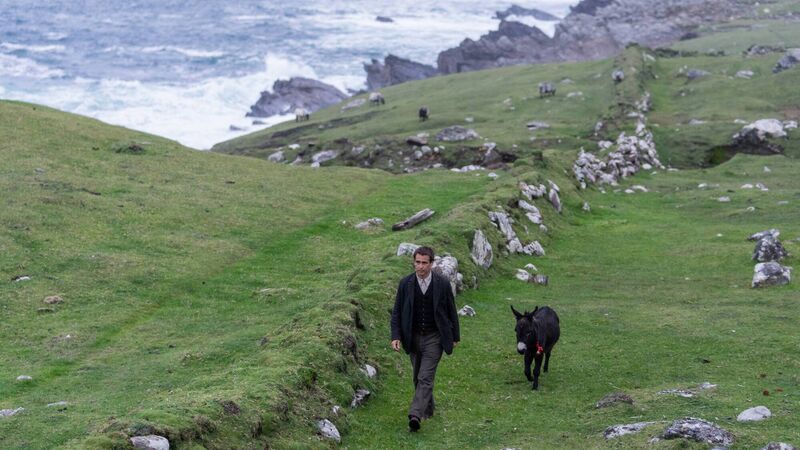Irish Examiner View: ‘Banshee’ wails

True, not everyone greets McDonagh’s creative output with acclamation, but to suggest its reflection of Ireland during the Civil War is “inaccurate” and that its portrayal of Irish people is “moronic” and “offensive” rather suggests that movie-goers who have sent their criticisms to the Irish Film Classification Office cannot be familiar with the body of work which has brought him fame and fortune and a wide audience. Picture: Jonathan Hession/Searchlight Pictures
It’s hard not to do a double take when someone complains about the portrayal of 1920s Ireland in Martin McDonagh’s Oscar-nominated film The Banshees of Inisherin.
True, not everyone greets McDonagh’s creative output with acclamation, including columnists within this newspaper.
Already a subscriber? Sign in
You have reached your article limit.
Subscribe to access all of the Irish Examiner.
Annual €130 €80
Best value
Monthly €12€6 / month
Introductory offers for new customers. Annual billed once for first year. Renews at €130. Monthly initial discount (first 3 months) billed monthly, then €12 a month. Ts&Cs apply.
CONNECT WITH US TODAY
Be the first to know the latest news and updates













